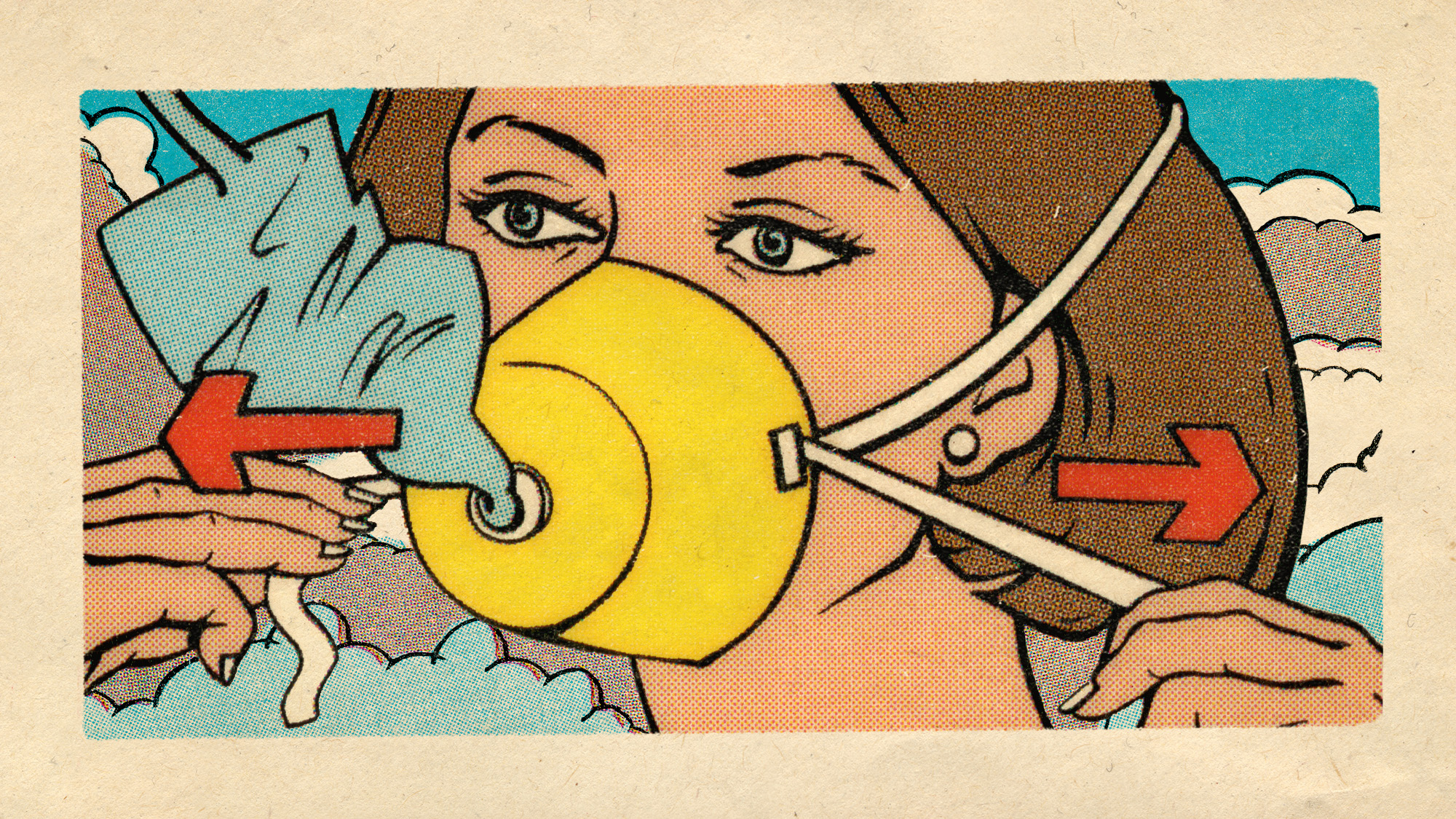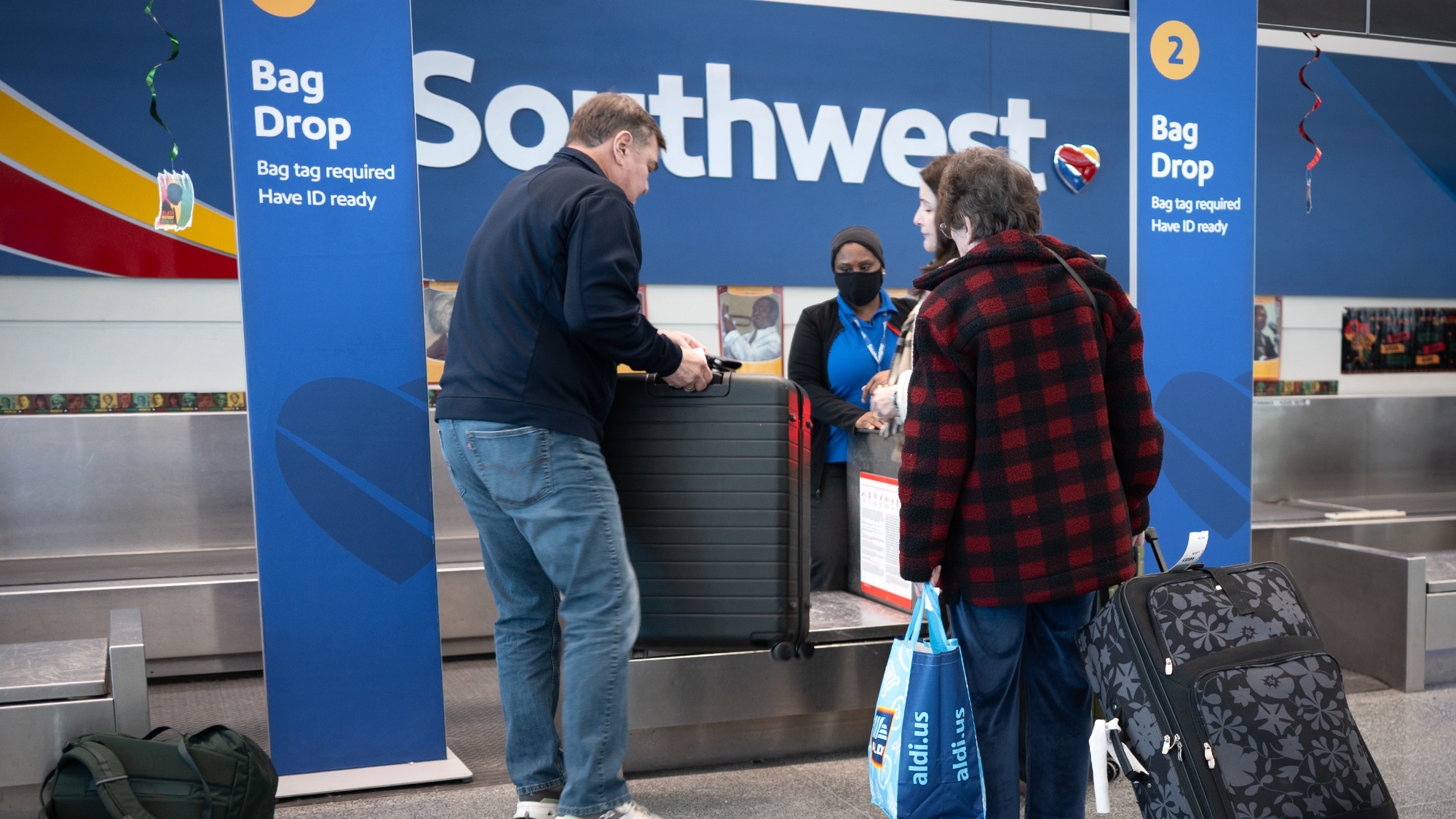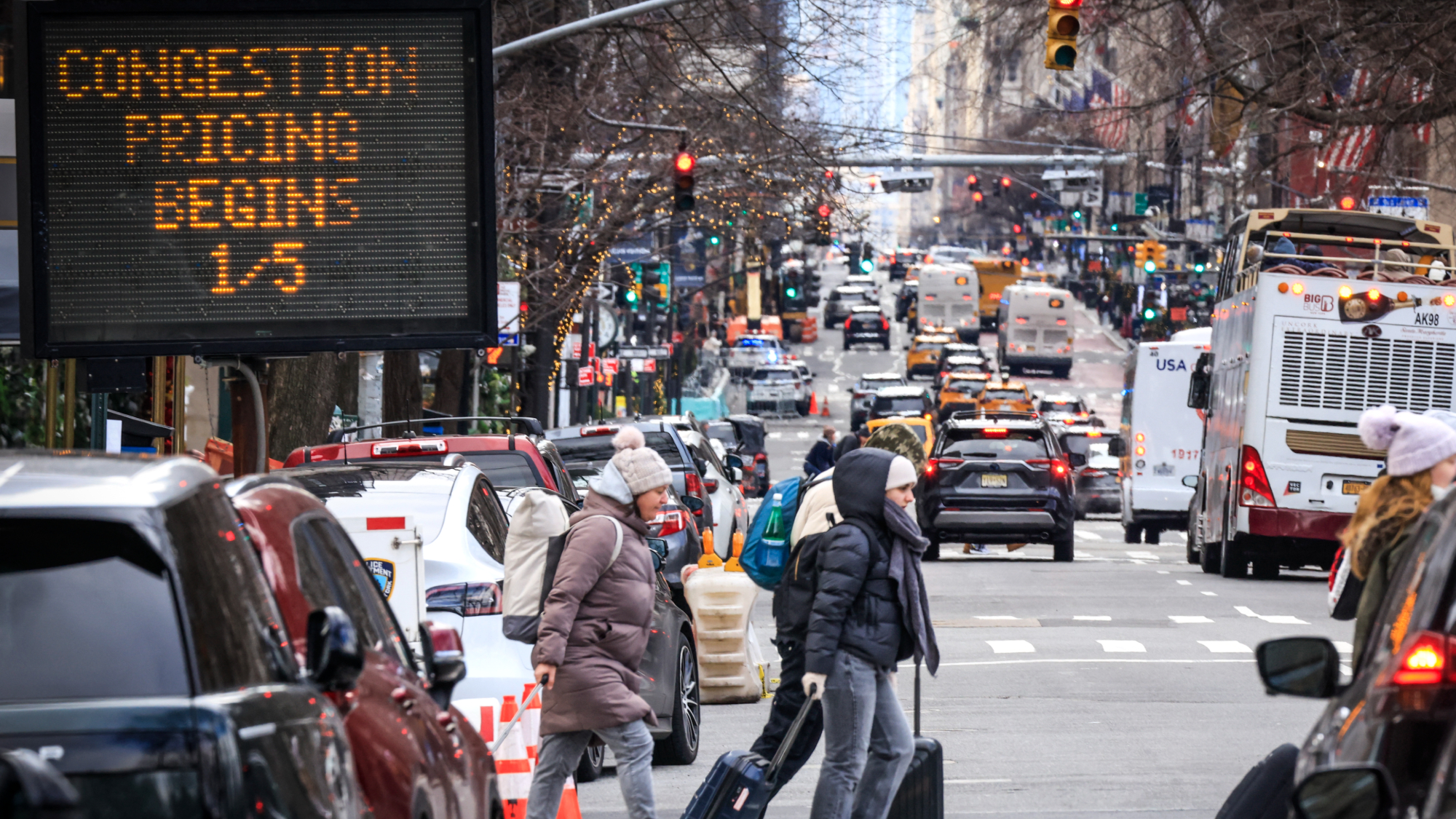Women-only train carriages: full steam ahead?
Or is this attempt to address predatory behaviour ‘just pushing it further down the track’?

A free daily email with the biggest news stories of the day – and the best features from TheWeek.com
You are now subscribed
Your newsletter sign-up was successful
More than 30,000 people in France have signed a petition calling for women-only train carriages, after a young woman recounted her attempted rape on a Paris commuter train. The petition has “provoked angry debate” in France, a society that’s “long viewed sex-segregated spaces as an affront to its – at least theoretical – ideal of equality”, said The Times.
In the UK, a similar petition calls on Transport for London and Sadiq Khan to make the same change on the Tube and London Overground. In under a month, it has surpassed the 10,000 signatures needed to trigger a formal government response.
But introducing women-only carriages would “unwind a century of progress”, said Emma Schubart in The Telegraph. “The petitioners are right about the problem. They’re wrong about the solution.”
The Week
Escape your echo chamber. Get the facts behind the news, plus analysis from multiple perspectives.

Sign up for The Week's Free Newsletters
From our morning news briefing to a weekly Good News Newsletter, get the best of The Week delivered directly to your inbox.
From our morning news briefing to a weekly Good News Newsletter, get the best of The Week delivered directly to your inbox.
‘Failing half the city’
I have had “negative experiences at the hands of men on public transport and so have a lot of my close girl mates”, said “Love Island” star Georgia Harrison in The Mirror. Women-only carriages “shouldn’t be looked at negatively, like women having to segregate themselves”. If I’m going home late at night and I’m on my own, “I don’t see why I shouldn’t have” that option.
With violence and sexual offences against women on public transport rising – more than 900 sexual offences were reported on Transport for London’s services in the first half of this year alone – it is undeniable that the captial’s transport system is “failing half the city”, said Schubart in The Telegraph. But introducing women-only carriages “dodges the root cause” – it “tells offenders nothing needs to change” and punishes victims instead of potential perpetrators.
“Women should not have to take action to prevent sexual assault,” said feminist campaigner Julie Bindel in The Spectator in 2022. Instead, “men should be stopped from doing so”. If “we put the emphasis on women’s behaviour, rather than the attitudes that underpin such crimes, nothing will change”.
‘Entrench backward norms’
Cities like Tokyo, Mumbai and Rio already have women-only carriages in place but the results are “hardly reassuring”, said Schubart. In Rio, for example harassment declined in the women-only spaces but not on the rest of the network, a recent study showed. Worse, the change seemed to “entrench backwards norms”, with women who chose to ride in mixed cars seen as “sexually open or inviting”.
A free daily email with the biggest news stories of the day – and the best features from TheWeek.com
If Sadiq Khan wants London to mirror what other cities have done to combat sexual violence and harassment, he should “copy the serious bits. That means visible staff and patrols, faster response, better lighting and CCTV” and better reporting. “If the goal is to make women feel safe on the Tube, the way to do it is to make predators feel very unsafe.”
I recently “interviewed women about their experiences on trains and it made for some grim conversations”, said HuffPost’s Rachel Moss. I learned what measures would make them feel safer: “more staff, more station lighting, and more robust education for men. Not one expressed a desire to be penned into a separate carriage.”
Ultimately, if you aren’t addressing the “systems of oppression and inequality that fuel the warped beliefs of perpetrators”, you’re not fixing the issue; “you’re just pushing it further down the track”.
-
 What are the best investments for beginners?
What are the best investments for beginners?The Explainer Stocks and ETFs and bonds, oh my
-
 What to know before filing your own taxes for the first time
What to know before filing your own taxes for the first timethe explainer Tackle this financial milestone with confidence
-
 The biggest box office flops of the 21st century
The biggest box office flops of the 21st centuryin depth Unnecessary remakes and turgid, expensive CGI-fests highlight this list of these most notorious box-office losers
-
 Are car headlights too bright?
Are car headlights too bright?The Explainer 82% of UK drivers concerned about being ‘dazzled’ as LED bulbs become more common
-
 Is New York City mayoral candidate Zohran Mamdani’s plan for free buses realistic?
Is New York City mayoral candidate Zohran Mamdani’s plan for free buses realistic?Talking Points A transit innovation or a costly mistake
-
 Toxic fumes on airplanes might be making you sick
Toxic fumes on airplanes might be making you sickUnder the Radar Aircraft manufacturers have allegedly downplayed the risks
-
 Southwest joins rival airlines on paid baggage
Southwest joins rival airlines on paid baggageSpeed Read The company is ending its longtime free-luggage policy
-
 US jet fuel tanker, cargo ship collide off UK coast
US jet fuel tanker, cargo ship collide off UK coastSpeed Read A cargo vessel carrying a toxic chemical collides with a US-military chartered oil tanker in the North Sea
-
 New York rolls out vehicle toll in Manhattan
New York rolls out vehicle toll in ManhattanSpeed Read In an effort to reduce traffic gridlock, vehicles will automatically be charged a toll to drive below 60th Street
-
 Senate passes FAA bill with new consumer protections
Senate passes FAA bill with new consumer protectionsSpeed Read The legislation will require airlines to refund customers for flight delays
-
 US to require automatic braking on new cars
US to require automatic braking on new carsSpeed Read 'We're living through a crisis in roadway deaths'